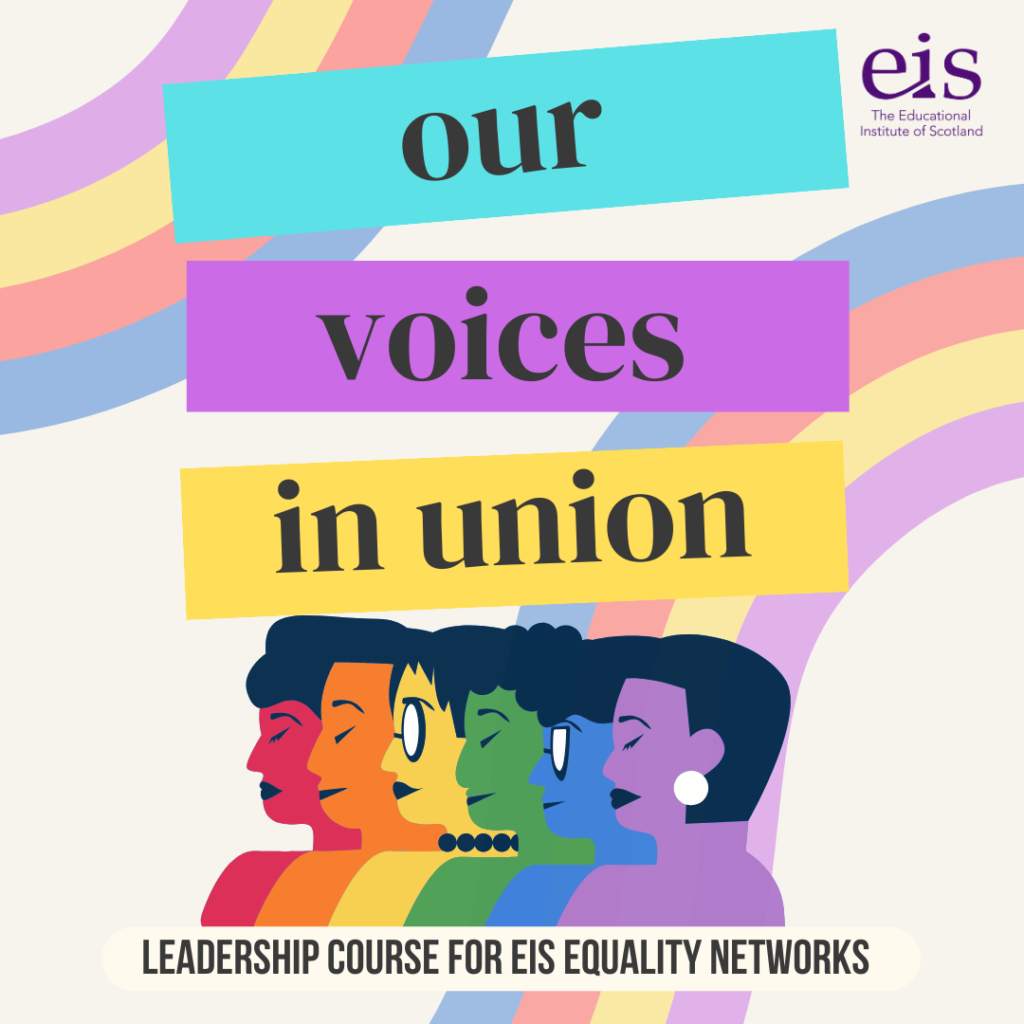
About this topic
The Educational Institute of Scotland (EIS) has a strong commitment to anti-racism, and a longstanding track record of tackling discrimination and harassment within the workplace and within education.
Over the last years, we have grown our anti-racist work and started a national EIS BAME network, as well as taken up chairing of the Diversity in the Teaching Profession and Education Workforce, a Scottish Government subgroup to the Anti-racism in Education Programme.
As part of this topic, you will consider how racism may manifest for people of colour, and how we can have braver conversations about racism.
The expert videos are provided by Equality, Diversity and Inclusion trainer Ellie Muniandy.
Learning points:
Reflect on: Consider a situation where you would speak to a new colleague about racism. What feelings, thoughts, and emotions arise? How would the feelings be different depending on whether the person was white or a person of colour?
Racial literacy involves training aimed at growing our ability to move through racial discomfort, so we can have productive conversations and address racism. Unfortunately, the fear of using the wrong language, embarrassing ourselves, being isolated, or being labelled as racist or ‘difficult’ – can be paralysing and hinder our anti-racist activism.
We must recognise that white people cannot know what it is like to experience racism as this is intrinsically tied to historical oppression and systemic inequality. White privilege means that white people have been neither systemically nor historically discriminated against on the basis of race – but this does not mean that they have never struggled or faced inequality, just that race is not the reason for that inequality.
In order to move through discomfort and become more confident in talking about racism, it will be important to self-reflect on our own racial identity and practice talking about this. Programmes such as ‘Building Racial Literacy’, that arose from the Scottish Government’s Anti-racism in Education Programme, which the EIS are a part of, have taken hundreds of education practitioners through a robust process of reflecting on their own racial identity, practicing talking about racism, and considering practical steps to take anti-racist action.